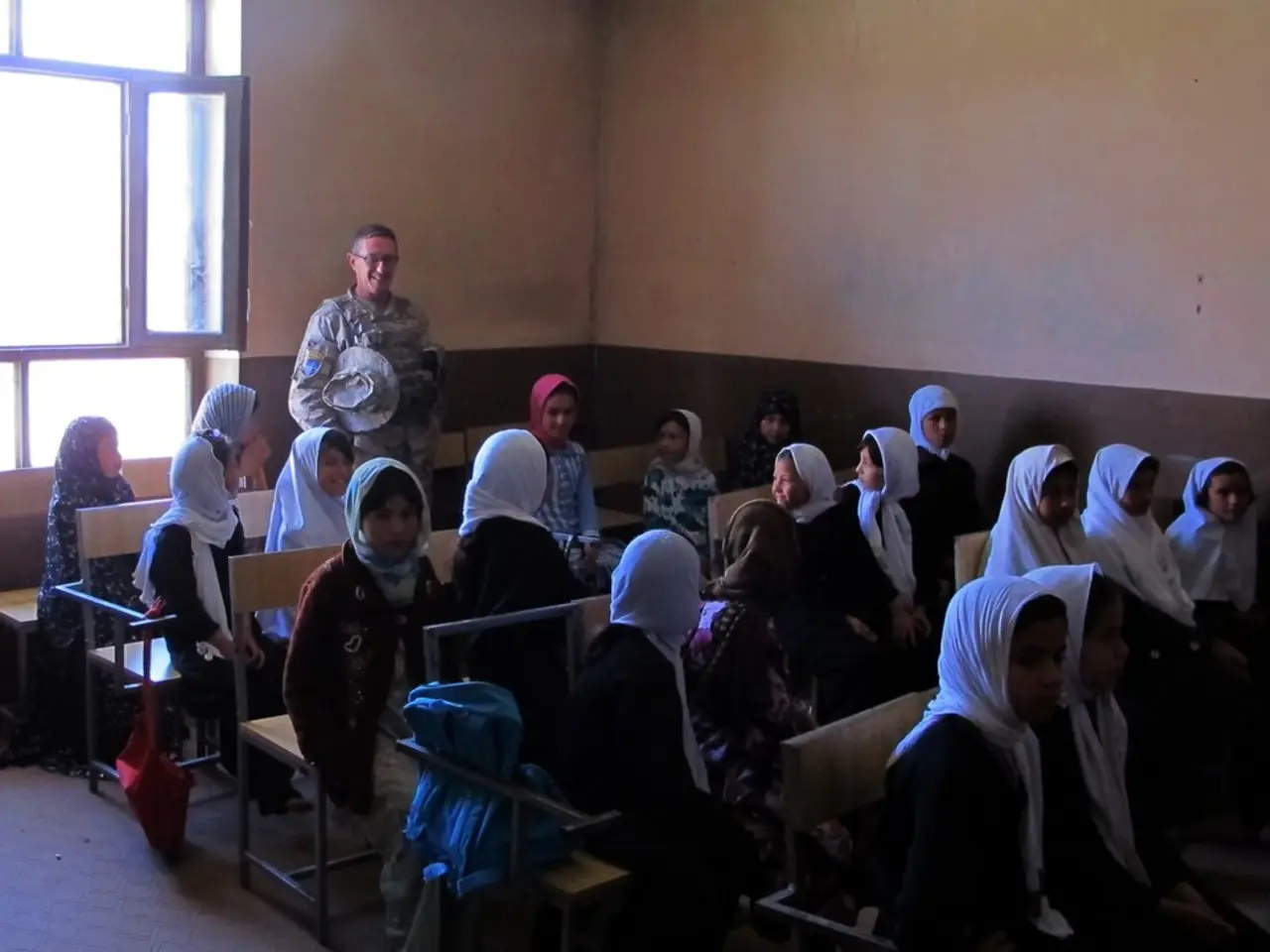Investigation into Maltese Attitudes Towards Sexuality: A Comprehensive Survey Among Maltese Residents
In a groundbreaking development, a Maltese cross-sectional study titled "A Maltese Perspective of Sex" has shed light on the sexual attitudes and behaviours among Maltese adults. Led by a team of researchers including Matthew Bartolo, Vincent Marmara, Danica Cassar, and Arianna Miclet, the study is the first major academic research to explore this topic in Malta.
The study, published in the international, peer-reviewed journal Sexual Medicine in February 2025, surveyed 400 randomly selected Maltese adults using computer-assisted telephone interviews. The findings, which have been indexed on PubMed, have significant implications for various sectors, including health, education, and policy-making.
One of the key findings of the study is the importance of open communication in relationships. While most participants reported feeling comfortable discussing sexual matters with their partners, they expressed less comfort in discussing such topics with others. This highlights the need for a more open dialogue beyond intimate relationships.
The study also provides valuable data for health practitioners, educators, and therapists. These professionals can use the findings to develop more relevant sexual health services and educational materials tailored for the Maltese community.
Policymakers can draw on this research to guide public health initiatives and promote a more informed and open discussion on sexuality. The study emphasizes the importance of making research findings accessible to the public through clear and practical communication, such as infographics, to ensure that the information benefits the broader community.
Cultural factors in Malta significantly influence how sex is viewed and discussed, with "pleasure" and "intimacy" rarely mentioned in definitions of sex, suggesting the strong role of tradition and values. Interestingly, only 26.9% of respondents defined sex as "a sexual act between two persons"; a similar proportion (26.8%) saw it as "an act of love."
The study also reveals that the average sexual frequency among Maltese adults is 5.7 times per month, slightly higher than the British average. Sexual satisfaction was closely linked to sexual frequency, but not to the duration of sexual activity. Most Maltese participants described themselves as satisfied with their sex life.
The findings of the study were presented at the 17th European Federation of Sexology Congress in Bologna and have been covered by various media outlets, with the headline "Revealed: Malta's sexual attitudes and behavior." For more detailed findings, reviewing the full study or summaries from the Sex Clinic Malta Research Page might be beneficial.
This study is a significant step towards improving sexual health education and support in Malta by focusing on local voices and providing reliable information. To make the research accessible to the general public, a dedicated project was developed to communicate the findings visually through summaries and infographics on the Sex Clinic Malta Research Page.
The Maltese study on sexual attitudes and behaviors, titled "A Maltese Perspective of Sex," underscores the significant influence of education in fostering open communication about sexual health. With the publication of the study in the journal Sexual Medicine, educators can leverage the insights to improve health-and-wellness and education-and-self-development curriculums, promoting a more informed generation.
The findings reveal that mental health plays a crucial role in sexual satisfaction, as the Maltese participants reported that their sex life was linked to their overall well-being. Policymakers can capitalize on this knowledge to establish mental-health initiatives that ensure the emotional stability of individuals, thereby positively impacting sexual health and fitness-and-exercise routines.
In the spirit of promoting an open dialogue across all sectors, the study's developers have made efforts to present the findings in an accessible and visually appealing format, allowing for greater engagement and understanding in health-and-wellness, fitness-and-exercise, and mental-health discourse among the Maltese community.




